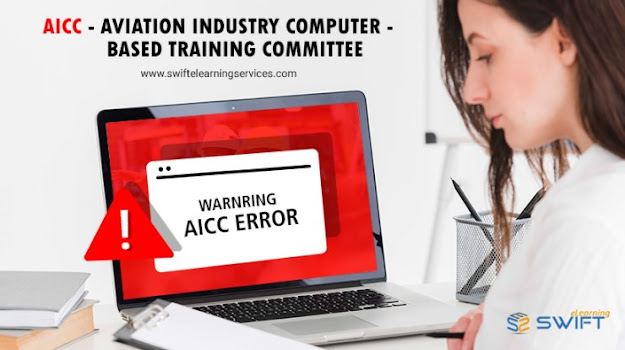A
learning management system (LMS) is a software framework for managing , monitoring, recording , reporting, automating and delivering education courses, training programs, or learning and development programs. The idea of learning management system originated directly from e-learning. Although the first LMS appeared in the higher education sector, the majority of the LMSs today focus on the corporate market. Learning Management Systems make up the largest segment of the learning system market. The first introduction of the LMS was in the late 1990s.
Learning management systems were designed to identify training and learning gaps, utilizing analytical data and reporting. LMSs are focused on online learning delivery but support a range of uses, acting as a platform for online content, including courses, both asynchronous based and synchronous based.
An LMS may offer classroom management for instructor-led training or a flipped classroom, used in higher education, but not in the corporate space. Modern LMSs include intelligent algorithms to make automated recommendations for courses based on a user's skill profile as well as extract meta-data from learning materials in order to make such recommendations even more accurate.
An
LMS provides and maintains all content forms including video, course, and documentation. In the school and higher education sectors, an LMS may have a range of functionality similar to corporate but with features such as rubrics, guided learning by teacher and instructor, a discussion forum, and also the use of a syllabus. A syllabus is rarely a feature in the corporate LMS, although courses may start with heading-level index to give learners an overview of topics covered.
Most modern LMSs are web-based. There are a variety of integration strategies for embedding content into LMSs, including AICC, xAPI (also called 'Tin Can'), SCORM (Sharable Content Object Reference Model)[16] and LTI (Learning Tools Interoperability). LMSs were originally designed to be locally hosted on-premise, where the organization purchases a license to a version of the software, and installs it on their own servers and network. Many LMSs are now offered as SaaS (software as a service), with hosting provided by the vendors.


















